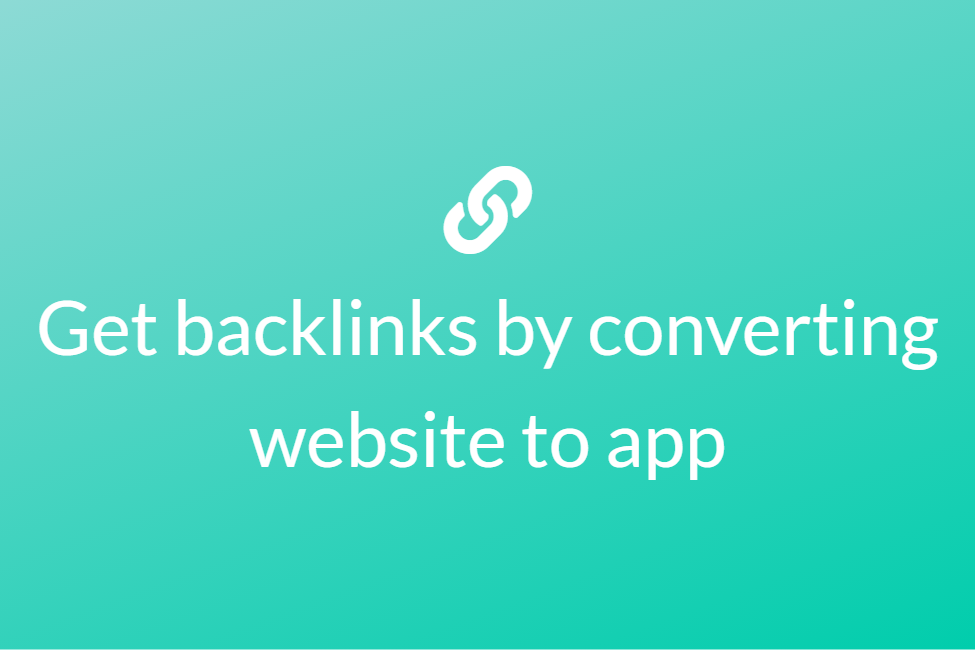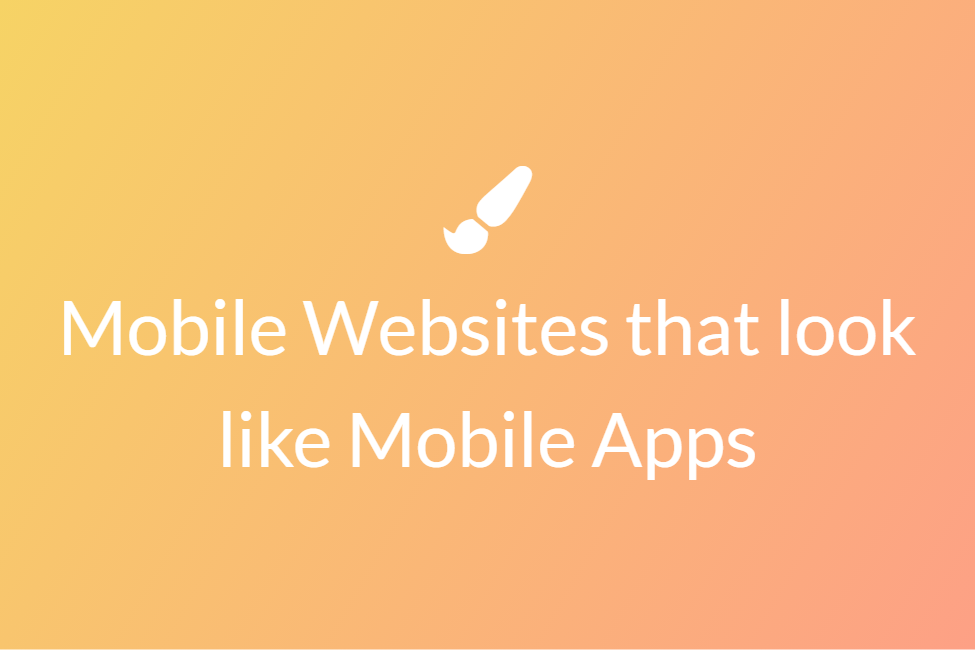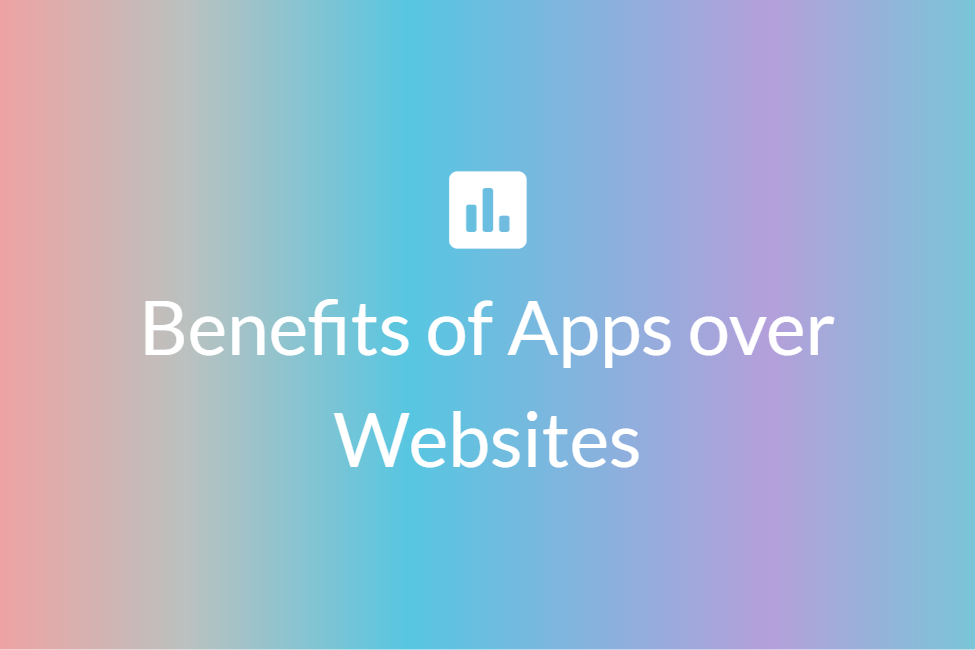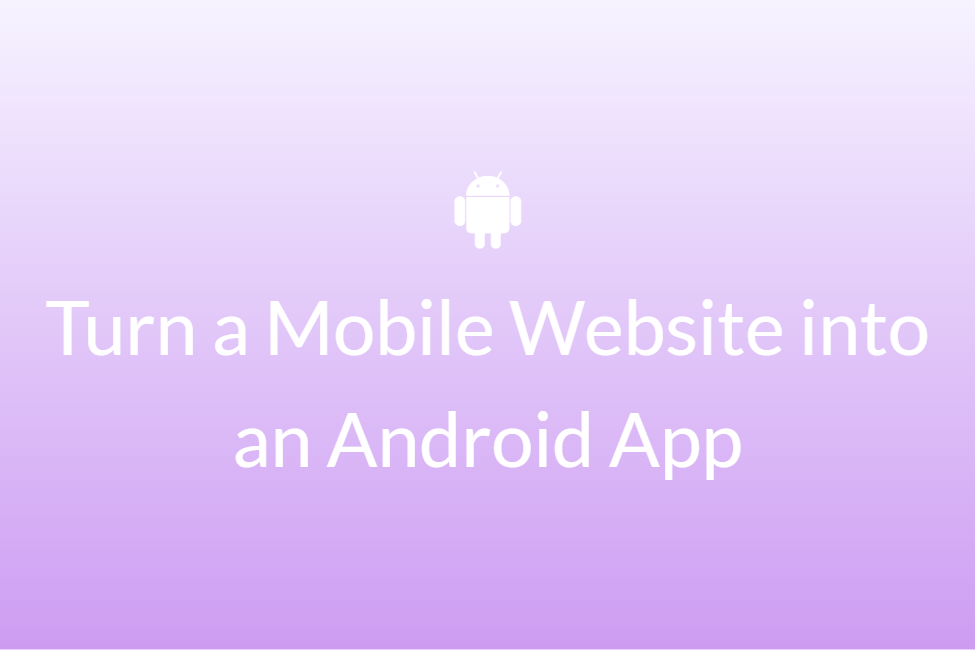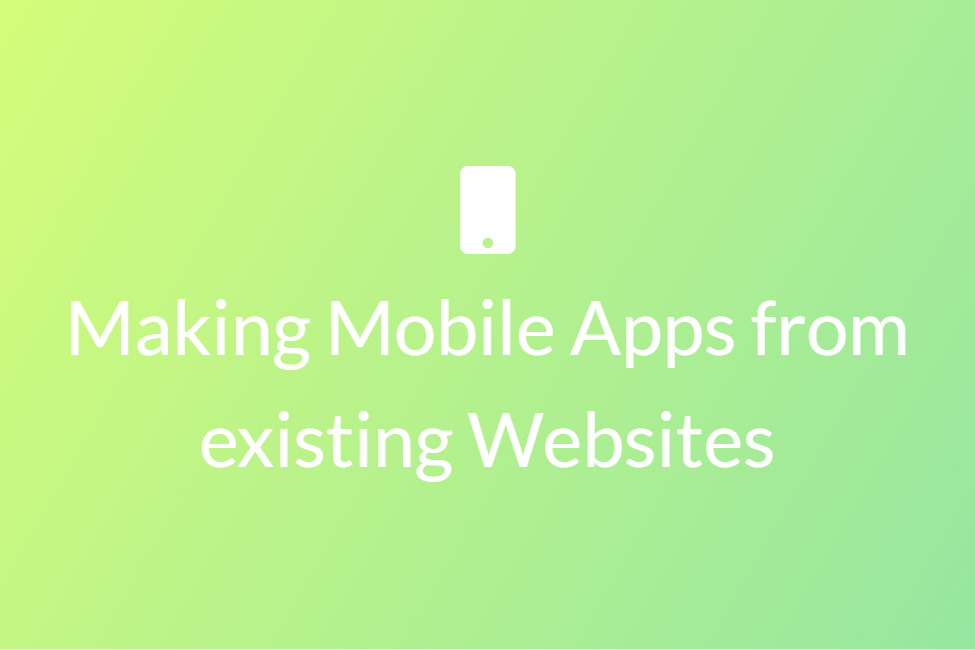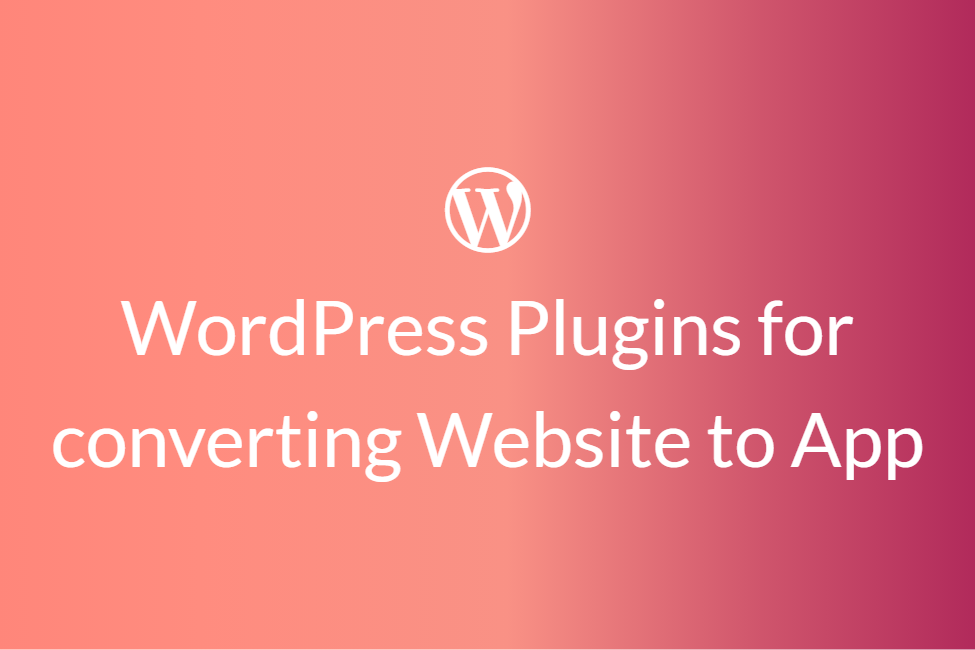Differences between App and Website
First of all, congratulations! Your hunt for “Differences between a mobile app and a mobile website” has landed you in the perfect place. Here, we will be looking into details about the same and hopefully, by the end of this article, you will be able to make up your mind as to which one should you go with.
As the world is digitizing day by day, there’s no denying the fact that we are getting more and more engrossed in computers and technology. Barely a day passes when we do not use our mobile phones. Whether to send a message using a messaging app or to read some blogs on a website, we use them every day. The fact that you are reading this article right now just proves the same.
Generally speaking, we as users mostly consume two types of content on our smartphones: mobile apps and mobile websites. While both of them has their own pros and cons, developers might need to decide which one fits the best of their needs. In this article, we will make this easier by distinctively looking at the pros and cons of each. So let’s get started without further ado.
Difference between a mobile app and a mobile website
Before diving deeper into the technical differences, let’s first have a proper definition for both of them so that things can be made easier.
What is a mobile app?
A mobile app is a separate standalone program that is stored locally on your phone. It is a program that is downloaded and installed onto a user’s mobile device. A mobile app generally uses the device’s hardware and software features and usually creates a better, more intuitive, and faster user experience.
What is a mobile website?
A mobile website is just a website that is adapted for mobile and tablet formats so that the users are comfortable navigating through it. Generally speaking, it’s a website whose design factors such as fonts, interactiveness, navigability, white spaces and more has been scaled and optimized for mobile and tablet devices.
Now that we have chalked out a definition for both of them, let’s look at the key differences between them.
Difference in usability
The very first and the most basic difference between a mobile website and an app is its usability. Since the website is on the internet, its users will always require an internet connection in order to use it. However, a mobile app may or may not require an internet connection depending on the functions that it does. If the mobile app has to fetch or modify some or other data from the internet, it will require an internet connection. However, if it can perform almost all the functions intended on its own without the need for a network connection, it won’t require an internet connection.
Difference is the resources used
Since the mobile website is on the internet and not on the user’s local device, it cannot make full use of the user’s hardware potential. On the other hand, mobile apps can make full use of the hardware acceleration and also the OS features.
Difference in ease of access
This is fairly simple. A website is accessed and by simply pasting its URL in the search box of a browser. An app, on the other hand, is accessed by first downloading it from a provider and then installing it. Also, further updates also need to be downloaded for a mobile app but not for a mobile website. Hence, when it comes to ease of access, mobile websites are always preferable.
Difference in development cost
Generally, a mobile website costs less than a mobile app. This is mostly because of the resources used. As already discussed above, a mobile website is limited to use the resources that are available on the internet. Therefore, designing a website is fairly simple. However, developing an app can be a task since many factors such as user’s device privacy, safety, and others need to be taken care of. Therefore, a mobile website is budget-friendly.
Difference in multi-platform accessibility
Every device comes with an operating system and the app needs to be coded according to the operating system that it will be used on. Android and iOS are two such operating systems that dominate the market and hence apps needed to be coded differently for each of them. Although there are advancements being made in this field using cross-platform development tools like Flutter and React Native, they are still not in their full usage. However, a mobile website can be accessed from any operating system including Windows, macOS and Linux. Although it may not be properly formatted to be accessed from a PC or a desktop, it can still be accessed.
Now that you know of the differences between a mobile website and a mobile app, you must now have made your mind up to some extent as to which should you go for. However, to further clear your doubts and to hopefully help you in choosing a final answer, let’s look at some questions along with their answers. After asking these questions to yourself, it must be pretty clear as to which one should you go for.
Can your product or idea work without an internet connection?
If your project can work without an internet connection, it is recommended that you go with a mobile app. As users, they cannot always rely on a steady network connection. For example, if the user is travelling, is in the basement or in a remote location, getting proper internet coverage has always been a trouble. Therefore, if the main focus is offline usage, go with the mobile app.
Is speed a major concern?
Mobile apps are way faster than mobile websites. This is because the app is already installed on the user’s device and can make use of hardware acceleration. Mobile websites, on the other hand, download the data from servers making them lag behind. Therefore, if speed is a concern, go with mobile apps.
Does your project target a particular type of audience or the general public?
If your project idea targets the general audience as a whole, go with the mobile website. This is because websites have very high reachability as compared to their corresponding mobile apps. This statement can be supported by Google’s search traffic statistics for a company that provides both mobile and web analytics.
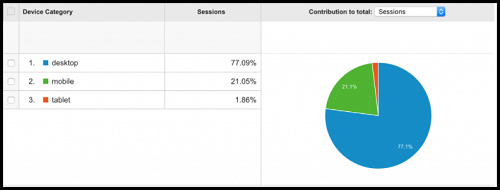
It can clearly be seen that only about 21% of traffic comes from mobile devices whereas desktops contribute almost 77% of traffic. This means that the users tend to use their desktops more than their mobile phones for reaching something and as a mobile website can also work on a desktop, it makes it the go-to choice for this scenario.
Are you running low on budget?
If yes, then you should ideally go with a mobile website. Mobile apps tend to take more resources and codes to be developed. This is because the UI/UX of an app should be adjusted according to each platform – Android and iOS apps will always be a bit different. Therefore, the developer will be working and therefore charging more for a mobile app as compared to a mobile website.
Does your project tend to make use of the mobile’s native features?
If your project idea tends to make use of the mobile’s native features or hardware features such as gyroscope, fingerprint sensor, camera and more, it is preferable to go for mobile apps in this case. So, if one of these is crucial for your app, you should consider building a native mobile app.
Although, thanks to advancements in technology, it’s now possible to use some of the hardware features in a mobile website, still it is mostly limited. For example, push notifications will not work for a mobile website on an iPhone. Therefore, a mobile app is best for this scenario.
Do you plan on rolling out updates or improvements for your project often?
If you plan to do this, a mobile website is a go-to choice for you. Most of the banks, news, and media apps are hybrid because they are web-based. This means that users rarely have to update the whole application, instead, the developers just update the website content. Regular updates on a mobile app can sometimes frustrate a user decreasing the user base. Therefore, in this case, a mobile website will be beneficial.
Do you think that your project idea will be accessed more than 5 times a day?
Statistics say that if your project idea is gonna be accessed more than 5 times a day, it is best to develop a mobile app for it. This is because mobile apps are faster, more responsive and interactive. But there is one common barrier that stops people from using your app – it’s slow to launch, slow to log in, and slow to perform desired actions. But if your app beats all of that, consider going with a mobile app.
In conclusion, these were a few of the differences between an app and a website. We hope that we could somehow help you to choose the one you are willing to go for.

